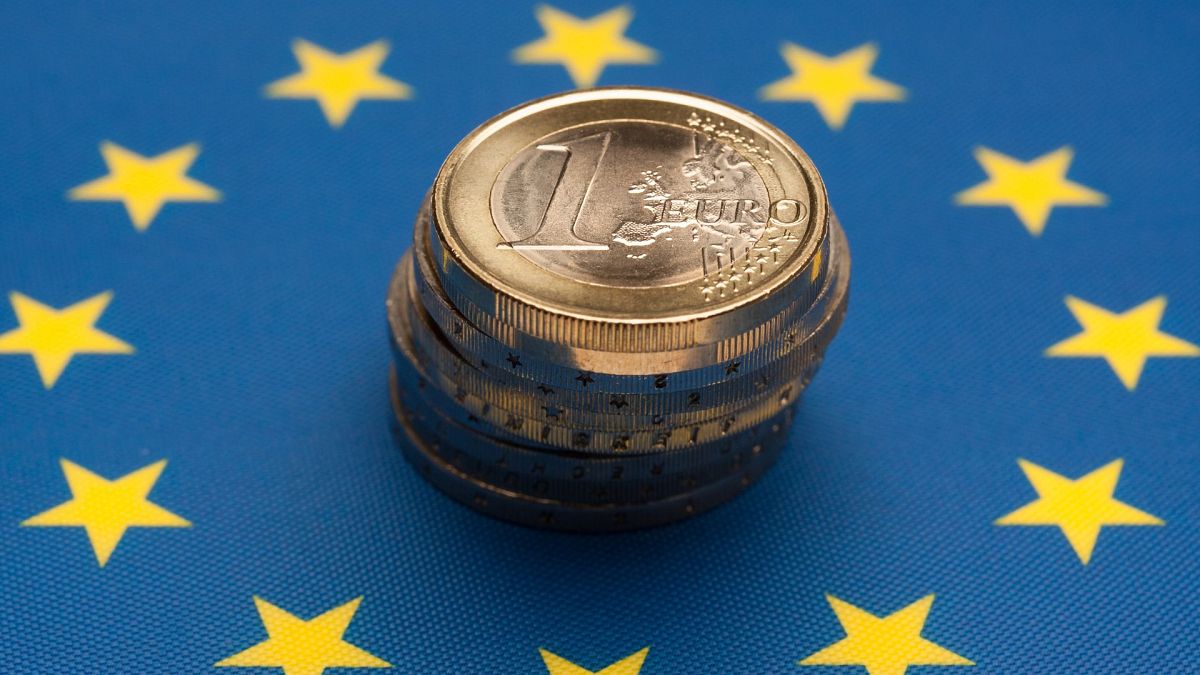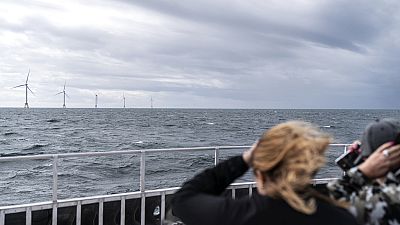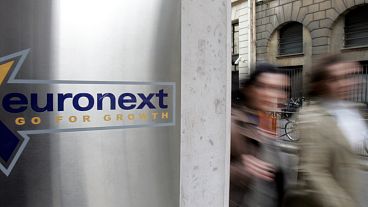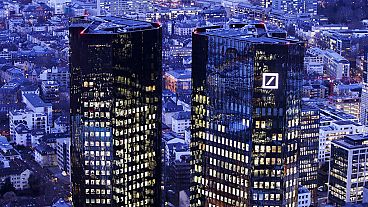European markets were higher on Tuesday as investors digested a raft of economic data from across the Eurozone, as well as more corporate updates, including BP's latest earnings.
France’s CAC 40 was up 0.60% to 6,866.01 points, at the time of writing, while Germany’s DAX was up 0.46% to 14,783. 82. In London, the FTSE 100 was also in the green, although behind its counterparts, up 0.42% to 7,358.28 points.
“In the final day of trade for the month, European markets are trading cautiously higher with the FTSE 100 lagging, dragged down by BP after its earnings missed expectations, sending shares in the oil giant sharply lower,” Victoria Scholar, head of investment at Interactive Investor, said.
“The cap on bankers’ bonuses in the UK ends today, sparking a mixed reaction and reversing rules introduced after the global financial crisis. France’s economy grew by 0.1% in the third quarter, marking a slowdown from growth of 0.6% in the previous quarter,” she added.
Economic data: Eurozone economy
The higher performance of stocks in Europe follows the release of data from across the Eurozone on Tuesday, revealing its economic health.
The French economy grew by just 0.1% in the third quarter (Q3) of 2023 versus the country’s 0.6% growth logged in the previous quarter, according to data from Insee. On the inflation front, it slowed to its lowest level since February 2022, when the Russia-Ukraine conflict began.
Estimates showed consumer price inflation fell to 4% in October, down from 4.9% in September. Insee said it was down to a slowdown in energy, food and manufactured product prices.
Meanwhile, Italy’s economy stagnated in Q3 but avoided a recession after reporting that gross domestic product (GDP) was unchanged for the past three months. It follows a 0.4% contraction in April to June, Istat said.
Portugal’s statistics body Instituto Nacional de Estatística also reported an update and said the country’s GDP fell by 0.2% in July to September, following a 0.1% rise the previous quarter, reflecting the reduction of exports of both components, goods and services, including tourism.
More broadly, the eurozone economy shrank in the last quarter, a worse result than the markets had been expecting, with GDP down by 0.1% in July to September, data from Eurostat showed. Meanwhile, the wider European Union grew by 0.1%.
Latvia recorded the highest increase compared to the previous quarter, followed by Belgium and Spain. The highest declines were recorded in Ireland, Austria and Czechia.
Germany, the eurozone’s largest member, shrank by 0.1% during the quarter.
Inflation in the eurozone, or euro area, meanwhile came in at 2.9% in October, down from 4.3% in September 2023.
“European inflation fell below expectations,” said Mathieu Savary, chief strategist at BCA Research. “The deceleration is strong and supported by various factors such as advantageous base effects, slowing wages, muted inflationary pressures and tame inflation expectations for next year. While it will make the ECB comfortable, it is still too early to bet on an imminent rate cut.”
Corporate updates: BP shares plunge on earnings miss
On the stocks front, BP’s latest earnings report sent its share price down 4.07% on Tuesday after the company’s latest financial earnings release failed to cheer investors.
The oil and gas giant reported profits of $3.3 billion (€3.1 billion). However, the markets had been expecting the company to post profit in the region of $4 billion. BP noted weak gas trading despite high crude oil prices.
“This quarter has seen further progress in the likes of resilient hydrocarbons, while an investment of $100m to Tesla for ultra-fast chargers in the US is another step towards EV charging and convenience in its forecourts,” Richard Hunter, head of markets at Interactive Investor, commented.
Hunter also noted that operating cash flow has also seen significant strength, coming in at $8.75 billion, which compares to $8.3 billion the previous year and $6.3 billion the previous quarter.
“This has enabled a further reduction in net debt to $22.3bn from $23.7bn, with BP also unveiling another share buyback programme to the tune of $1.5bn. Alongside a projected dividend yield of 4.6%, shareholder returns are a high priority for the company and look likely to remain so,” he added.
BPs latest results come as the industry as a whole is under increasing pressure to move away from traditional fossil fuels to cleaner replacement energies.
Vodafone to sell Spanish arm in €5 billion deal
In other company news, Vodafone has agreed to sell its Spanish arm to Zegona Communications in a deal worth €5 billion.
It marks the second major deal by the company’s new chief executive, Margherita Della Valle, who has vowed to reshape the UK telecoms group to make it more profitable.
“Once a major force in the telecoms sector, Vodafone has lost its way in recent years and has been forced to review its business. That has led to asset sales and mergers with the intention of having a more streamlined platform from which to try and revive growth,” Russ Mould, investment director at AJ Bell, commented.
“The latest piece in the jigsaw puzzle is selling its Spanish business to Zegona. This deal is another tick in the box for the company’s turnaround efforts but the journey is far from complete. Vodafone still needs to simplify its business, having suffered from being in too many markets with too little resource,” Mould added.



